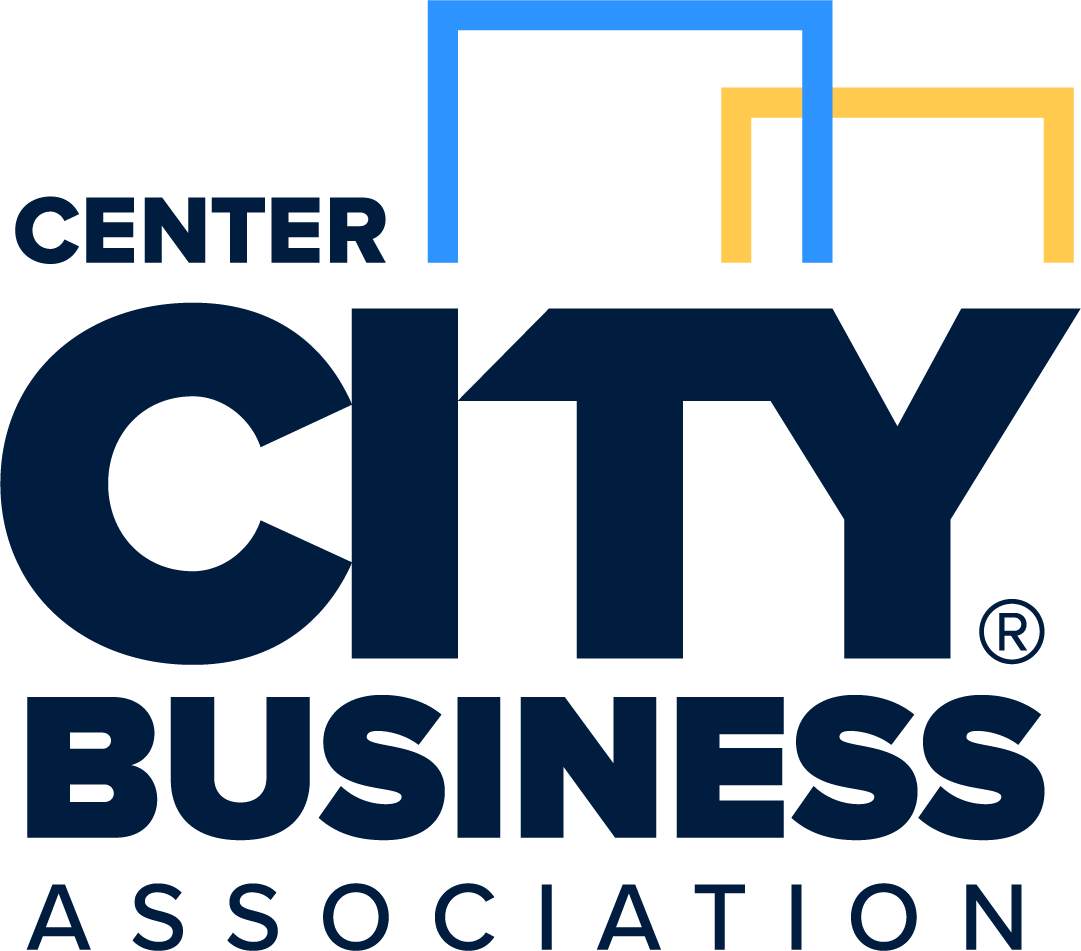April's Member of the Month: Matt Gough, President, Main Line Protection Services
/Matt Gough was admitted as a partner with Main Line Protection Services, LLC in 2015 and served as Chief Operating Officer until 2020. He quickly restructured the day to day operations of guard, electronic security and investigative services. In 2017, Matt was tasked with overseeing the start up security design, planning and operations of the company’s first Cannabis client. One of the first Cannabis licensees in Pennsylvania. His Cannabis security operations team members continue to oversee this successful implementation. Matt has since been requested to provide professional consultation on additional Cannabis security projects, state regulations and license applications in Pennsylvania as well as other states. In 2018, Matt was chosen to lead Main Line Protection Services’ business development and client services program. He set the foundation for growth and structure of the company by applying his successful client satisfaction platform to development and sales. This strategy has significantly increased the company’s portfolio and doubled sales in under two years. In 2020 Matt was asked to serve as company President and to assume the leadership and general management of the entire company. He presently serves in that role.
Matt joined Main Line Protection Services in May of 2007 at an entry level Security Officer Position. With the recommendations of his superiors he rose to site supervisor and to then to Assistant Manager in December of 2007. In April of 2008 he was promoted to Assistant Manager of the Electronics Security Division. During that time he attended technical schools and acquired a wealth of experience in all aspects of the electronics security services offered by Main Line Protection Services. He was assigned as interim Electronic Security Division Manager shortly thereafter due to an immediate opening. During his time as Interim Manager, Matt showed a strong ability and desire to succeed in sales, customer service and satisfaction along with a gaining knowledge in the field. He was ultimately promoted to Electronic Security Manager and Guard Operations Manager.
Matt holds the following civil certification:
Licensed Private Detective
National Training School (NBFAA) Certified Alarm Technician
National Training School (NBFAA) Advanced Burglar Alarm Technician
National Training School (NBFAA) Fire Alarm Installation Methods
Matt resides in West Chester, Pennsylvania with his wife and three children. A fourth is due in June of 2021. He enjoys spending time with his family, playing golf, hunting, fishing, remodeling his home and coaching CYO youth football.
Matt Gough
Main Line Protection Services
610-668-0308 (office)
484-571-5239 (cell)
Matt@mainlineprotection.com
www.mainlineprotection.com
https://www.linkedin.com/company/mainline-protection-service
https://www.linkedin.com/in/mainlineprotection/
https://www.facebook.com/mainlineprotectionservices/























